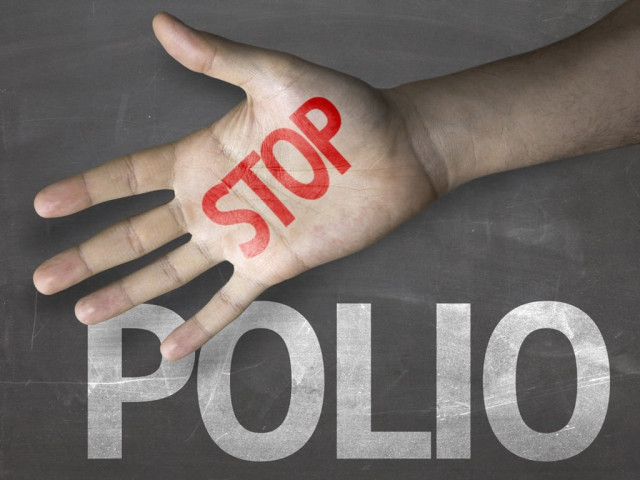Anti-polio drive fails to meet target
The drive failed due to an increase in many families who refused to administer anti-polio drops to their children.

The recent anti-polio campaign in Rawalpindi district has fallen short of its targets, therefore, the health department has decided to launch another campaign in December.
Sources said that the drive failed due to an increase in many families who refused to administer anti-polio drops to their children.
Out of the over 2.2 million children under five in the district, health teams only managed to administer anti-polio drops to about 1.045 million children. Families in Rawalpindi, particularly within Pathan, Kashmiri, and Afghan communities, declined to allow anti-polio drops for their children. Resistance to the anti-polio drops was also reported in affluent areas such as Satellite Town, along with other neighbourhoods like Pandora, Pirwadhai, Fouji Colony, Bangash Colony, Gali Loharan, Dhoke Hasu, and Dhok Naju.
Efforts to reach children in affluent and high-resistance areas have been largely unsuccessful, with the teams restricted from setting up polio stalls in schools, airports, railway stations, and other public hubs. Attempts by health department officials, elected representatives, scholars, and local religious leaders to persuade families to administer anti-polio drops to their children have also seen limited success.
A recent assessment by the United Nations Children's Fund (UNICEF) has revealed that the polio virus remains active in Rawalpindi. Sewage samples collected from areas such as Nullah Leh tested positive for the virus, contradicting earlier claims by district authorities that polio had been eradicated.



















COMMENTS
Comments are moderated and generally will be posted if they are on-topic and not abusive.
For more information, please see our Comments FAQ